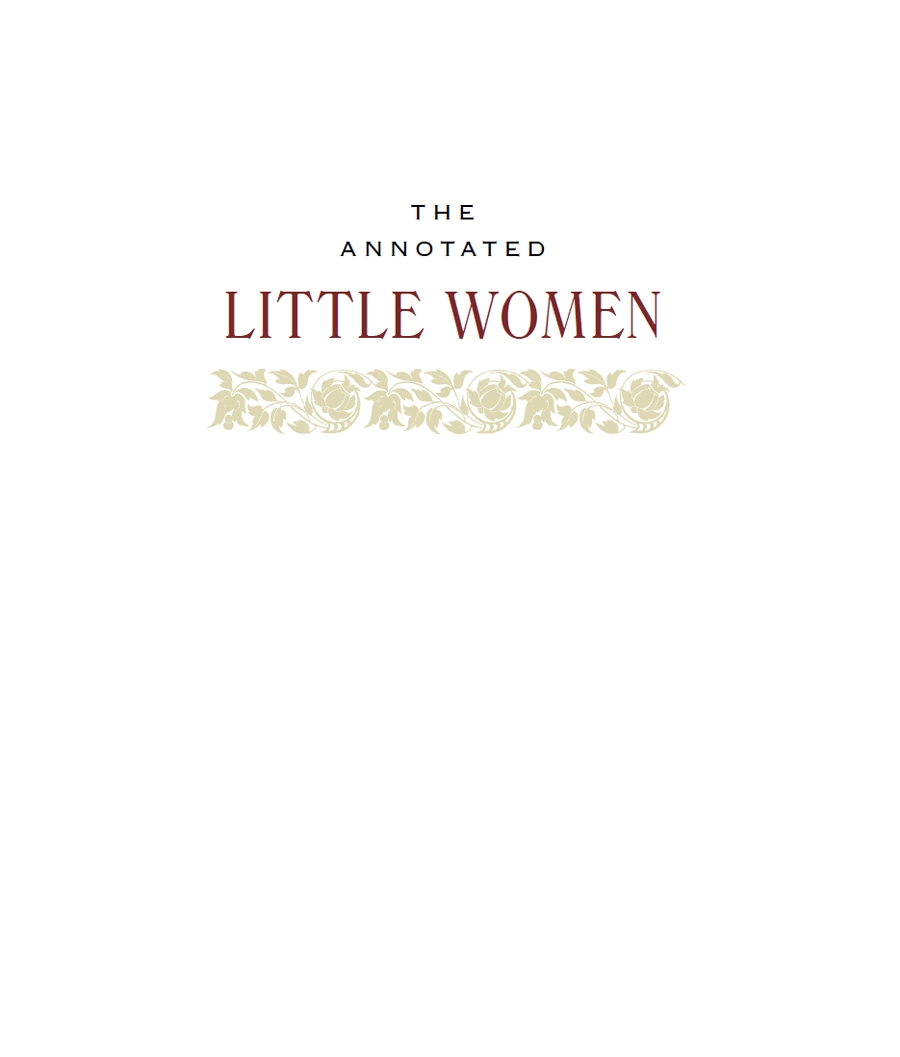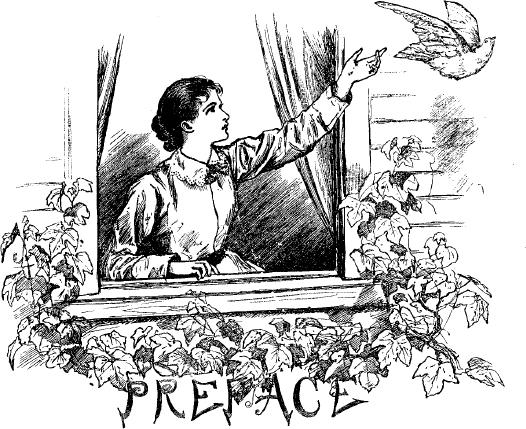Phillips and Gregory Eiselein, p. 418.
84 Louisa May Alcott, Journals, p. 167.
85 Ibid.
86 Ibid.
87 Ibid.
88 Louisa May Alcott, “To Elizabeth Powell,” 20 March 1869, Selected Letters, p. 125.
89 Louisa May Alcott, “To Samuel Joseph May,” 22 January 1869, Selected Letters, pp. 121–22.
90 Louisa May Alcott, “To Elizabeth Powell,” 20 March 1869, Selected Letters, pp. 124–25.
91 The Conference on Research in Income and Wealth, Trends in the American Economy in the Nineteenth Century, p. 457.
92 Thomas Niles to Louisa May Alcott, 24 March 1870, quoted in Joel Myerson and Daniel Shealy, “The Sales of Louisa May Alcott’s Books,” p. 54.
93 Anna Alcott Pratt to Alfred Whitman, 18 June 1871, quoted in Schlesinger, “The Alcotts through Thirty Years: Letters to Alfred Whitman,” p. 379.
94 Louisa May Alcott, Journals, p. 182.
95 Ibid.
96 Ibid, p. 196.
97 Ibid, p. 183.
98 Ibid., p. 197.
99 Ibid.
100 Ibid., p. 177.
101 Anna Alcott Pratt to Alfred Whitman, 15 May 1881, quoted in Schlesinger, “The Alcotts through Thirty Years: Letters to Alfred Whitman,” p. 383.
102 Louisa May Alcott, Journals, p. 153.
103 Louisa May Alcott, Journals, p. 188.
104 Louisa May Alcott, Jo’s Boys, and How They Turned Out, p. 364.
105 Ibid., p. 50.
106 Matteson, Eden’s Outcasts, p. 423.


Many consider Frank T. Merrill the greatest of Little Women’s many illustrators. Alcott herself wrote that he “deserve[d] a good penny for his work.” The pen-and-ink drawings that enliven this volume first appeared in an 1880 Roberts Brothers edition.

Preface
“Go then, my little Book, and show to all
That entertain, and bid thee welcome shall,
What thou dost keep close shut up in thy breast;
And wish what thou dost show them may be blest
To them for good, may make them choose to be
Pilgrims better, by far, than thee or me.
Tell them of Mercy; she is one
Who early hath her pilgrimage begun.
Yea, let young damsels learn of her to prize
The world which is to come, and so be wise;
For little tripping maids may follow God
Along the ways which saintly feet have trod.”
ADAPTED FROM JOHN BUNYAN1
1. ADAPTED FROM JOHN BUNYAN. John Bunyan’s famed religious allegory, The Pilgrim’s Progress, occupied a special place in the lives of the Alcott family. Alcott’s father, Amos Bronson Alcott (1799–1888), called it his “dear, delightful book” and the dictionary by which he learned the English language. It was, he wrote, “one of the few [books] that gave me to myself. . . . [It] seems to chronicle my Identity.” Bronson accepted Bunyan’s belief that the physical world was essentially a divinely created symbol, to be observed for its spiritual, not its literal significance. He also absorbed deeply the book’s message of austere piety and self-denial, and he did his best to pass these tenets on to his children. Part One of The Pilgrim’s Progress (1678) tells the story of Christian, who, inspired by an apocalyptic vision, flees the sinful City of Destruction and embarks on a quest for the Celestial City.
1 comment